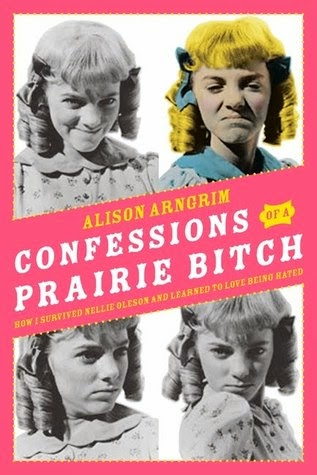GARY
D. SVEE
Synopsis
from NetGalley: Winner
of the 1990 Spur Award for Best Western Novel: An unlikely hero
arrives in a hard town—can the wandering preacher bring justice to
Sanctuary?
A
hungry Indian boy waits by the train tracks, hopping back and forth
to keep warm, praying that someone passing through the forgotten town
of Sanctuary will throw him a scrap of food. A preacher gets off the
train, thin and tan, and tells the boy to follow him. The preacher
gives the child money and a meal, then sends him on his way. This is
the first life Mordecai will save in Sanctuary. It will not be the
last.
A
hardscrabble town far from civilization, Sanctuary is lorded over by
a hypocritical reverend and a cruel rancher. They see no threat in
the preacher, but they underestimate him. A religious man hardened by
life on the frontier, Mordecai is not afraid to thrash a sinner with
his belt. He will remake this town in God’s image, or leave
Sanctuary to burn.
Stats
for my copy:
E-book, published by Open Road Integrated Media, 4/7/14; downloaded
from NetGalley.
First
line:
The train was late, but Judd Medicine Elk didn't know that, nor did
he care.
My
thoughts: When
I was much younger, I went through a phase where I read a lot of
Westerns, particularly Louis L'Amour and Zane Grey. But in the last
few years the only westerns I've read have been mostly the Wagons
West series by Dana Fuller Ross, and Lonesome Dove. I loved Lonesome
Dove, and after that wonderful experience I began collecting westerns
when I came across them at library sales and such. So when I received
an email from Open Road Media, inviting me to review SANCTUARY via
NetGalley, I took the plunge and joined NetGalley (something I'd been
avoiding doing, for the simple reason that I prefer an actual book in
my hands versus a digital book).
A
mysterious preacher arrives in the little town of Sanctuary, and one
by one begins intervening in the lives of various residents, helping
them, and helping them help themselves. A young Indian boy living in
poverty with his grandmother at the dump. A former doctor who now
cleans a bar for a living and spends the rest of his time drunk. The
preacher wades in and stirs things up. Despite all the action that
occurs, the pace is slow and meandering. Sparse. The author has a
nice turn of phrase and at times his descriptions are quite
evocative. A couple of my favorites:
“His
eyes were hard and cold as January ice, and that image was
strengthened by the white hair that sprayed from beneath the old
man's hat like wisps of snow drifting ahead of Montana winds.”
“When
he spoke, his voice seemed broken, the words poking through his
trepidation like bits of ice floating down a river.”
There
are lots of characters, but no character is delved into too deeply.
They mostly live poor, hardscrabble lives, and occasionally we are
given a flashback about a particular character. But we don't get to
know any of them very well or get very deeply into their heads. For
me, that was a downside, as I love good character development. If
characters are really well written and drawn out, the plot can be
non-existent and I'm still happy.
Maybe
westerns just aren't my style after all. Or maybe it was the
preacher's similarity to Jesus. I'm not a religious person at all,
despite the fact that I read and enjoy tons of Love Inspired books.
The correlations of the story to that of Jesus may be better
appreciated by readers more familiar with and invested in religion
than I am. Unfortunately my attention sometimes wavered and the book
just didn't speak to me.







